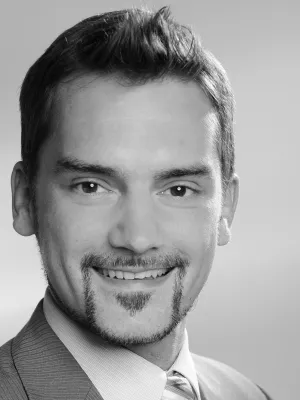
Nils Droste
Associate professor

Thinking green, circular or bio : Eliciting researchers' perspectives on a sustainable economy with Q method
Author
Summary, in English
The continuous emergence of new ideas and terms simultaneously enables and impedes the advancement of sustainability, because of an increasingly complex conceptual landscape. This study aims at highlighting combinations of sustainability concepts (circular, green and bioeconomy) and of development models (growth, steady-state, degrowth) which selected researchers have considered priorities for pursuing sustainability transformations. Leading scholars working on sustainability issues were asked to rank 36 statements describing activities related to either circular, green, bio, growth, steady-state or degrowth economy. Using Q methodology, an exploratory approach to the identification of shared or diverging opinions, three archetypical perspectives were identified across the respondents: 1. circular solutions towards economic-environmental decoupling in a degrowth perspective; 2. a mix of circular and green economy solutions; 3. a green economy perspective, with an emphasis on natural capital and ecosystem services, and critical towards growth. Economic growth was perceived negatively across all perspectives, in contrast to the current lack of political and societal support for degrowth ideas. Neither did bioeconomy-oriented activities have support among the participating researchers, even though half of the respondents were working with bioeconomy issues, which are currently high on the political agenda. The lack of support for pro-growth and bioeconomy solutions are unexpected results given the current political discourses. While the results are not to be generalised beyond the sample, they provide valuable orientation for emerging and under-investigated research and policy directions. If bioeconomy policies are to be implemented on a broader scale, it seems worthwhile evaluating the acceptability of the bioeconomy agenda among various societal actors. Furthermore, our results point to the (still under-explored) potential of formulating synergic circular, green and bioeconomy policies, possibly without a focus on economic growth.
Department/s
- Centre for Environmental and Climate Science (CEC)
- BECC: Biodiversity and Ecosystem services in a Changing Climate
Publishing year
2019-09-01
Language
English
Pages
460-476
Publication/Series
Journal of Cleaner Production
Volume
230
Document type
Journal article
Publisher
Elsevier
Topic
- Social Sciences Interdisciplinary
- Environmental Sciences
Status
Published
ISBN/ISSN/Other
- ISSN: 0959-6526

